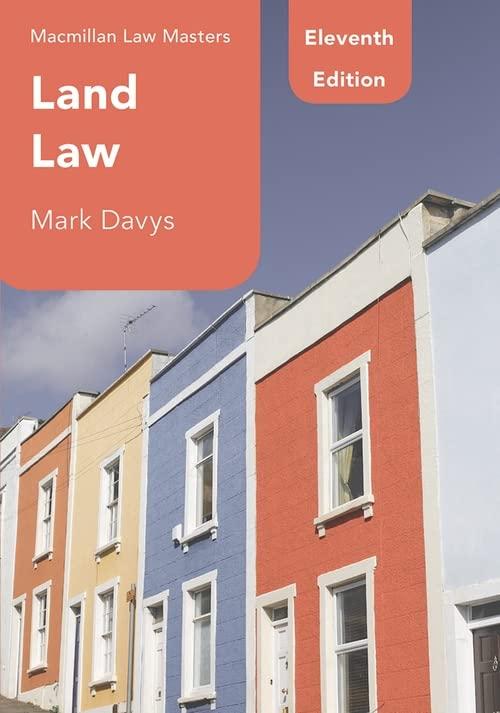Question
On June 19, 2017, the Supreme Court ruled that the 70-year-old federal ban on offensive trademarks is unconstitutional.The disparagement clause of the Lanham Act prohibits
On June 19, 2017, the Supreme Court ruled that the 70-year-old federal ban on offensive trademarks is unconstitutional.The "disparagement clause" of the Lanham Act prohibits registration of trademarks "which may disparage . . . or bring . . . into contempt or disrepute" any "persons, living or dead, institutions, beliefs, or national symbols." Simon Tam sought federal trademark registration for THE SLANTS, the name of his Portland-based Asian-American band. The name, according to Tam, was an attempt to "reclaim" and "take ownership" of stereotypes about people of Asian ethnicity. Citing the disparagement clause, the Examining Attorney refused registration on the basis that "there is . . . a substantial composite of persons who find the term in the applied-for mark offensive." Tam appealed, and the Federal Circuit reversed, finding the disparagement clause unconstitutional under the First Amendment. The government appealed, and the Supreme Court affirmed. Should the law allow disparaging Trademarks to be registered? (Be sure to also take a look at "Point/Counter Point in the KubasekText.) Explain fully.
2. Professor Corderois teaching a summer course in business law at BMCC. Several times during the semester, he makes copies of relevant sections from business law texts and distributes them to his students. Nancy Kubasek, co-author of business law text, sues Professor Corderofor copyright infringement. Professor Corderoclaims that he is protected under the fair use doctrine. Is he right?Who will win?
Step by Step Solution
There are 3 Steps involved in it
Step: 1

Get Instant Access to Expert-Tailored Solutions
See step-by-step solutions with expert insights and AI powered tools for academic success
Step: 2

Step: 3

Ace Your Homework with AI
Get the answers you need in no time with our AI-driven, step-by-step assistance
Get Started


